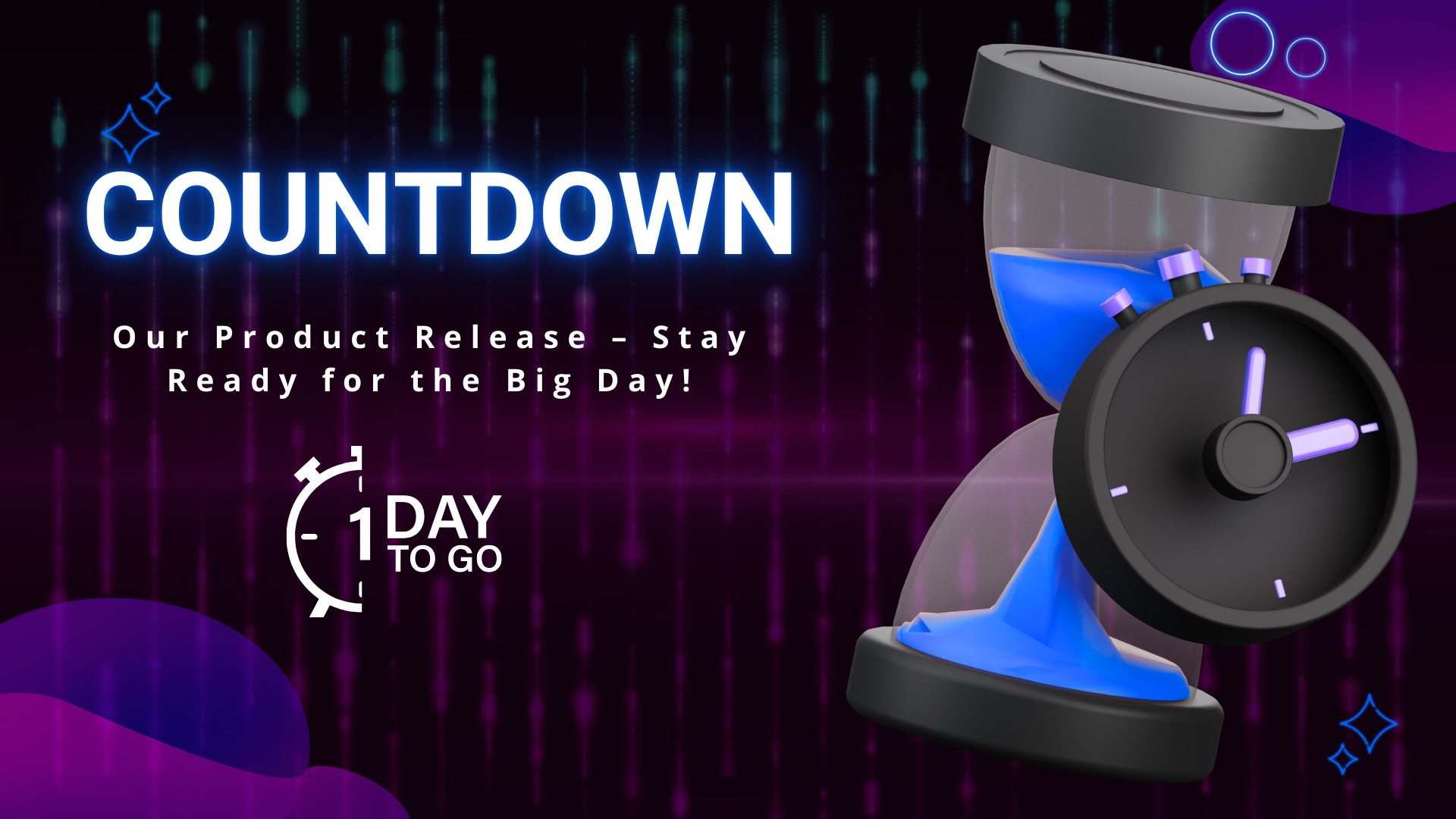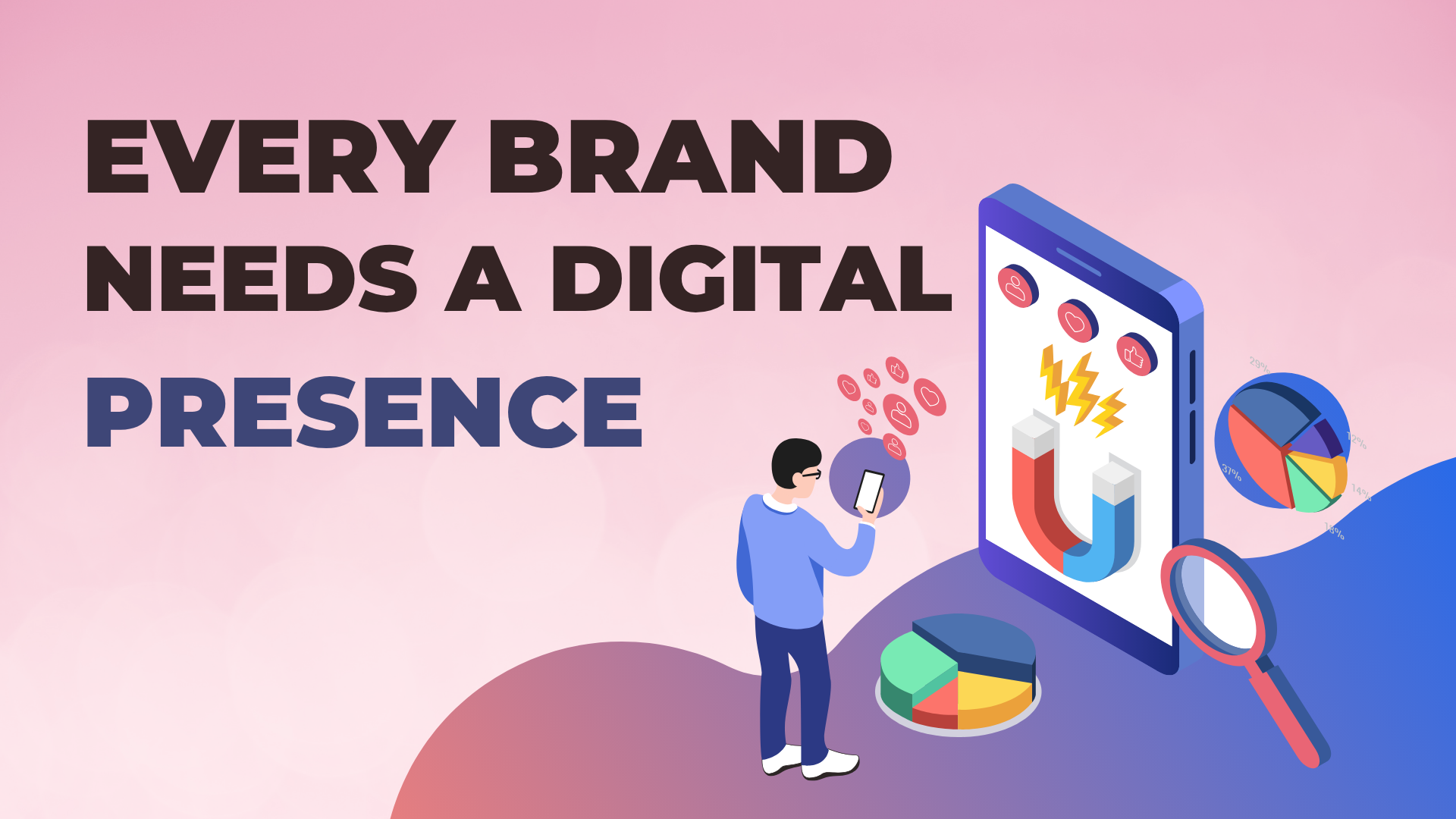
The health sector has one of the highest rates of transformation following the introduction of Artificial Intelligence (AI) and Machine Learning (ML). While diagnostics can be improved as well as personalized care plans, the technology is also proving to be a gateway to enhanced patient outcomes and more efficient health systems.
Enhanced Diagnostics
AI and ML algorithms provide the capabilities to process and analyze medical data more quickly and accurately than ever. Developments in radiology for example, have seen fast growth in using AI to detect anomalies within imaging scans, such as X-rays, MRIs, and CT scans. Incidents or potential incidents can be flagged by these applications, which can spare radiologists from missing potential issues, reducing the chance of human error and assisting in early disease detection, such as cancer.
Personalized Treatment
ML models can be applied to patient data and recognize patterns that can then extrapolate future responses to treatments. This capability allows individual treatments to be built around an individual's specific genetic makeup, lifestyle, and health background. Precision healthcare, backed by AI, improves the specific effectiveness and lessens failed treatments, which ultimately leads to enhanced outcomes.
Predictive Analytics for Patient Care
AI-driven predictive analytics are enabling healthcare providers to anticipate health trajectories and potential upcoming complications among patients. This could include using predictive models to forecast patients that are at the highest chance of readmission, or potentially to predict someone's likelihood to develop deteriorating conditions. With an earlier detection of potential risks, healthcare professionals might shift ahead, giving timely care and driving down the rate of readmissions.
Electronically Manage Administrative Tasks
Scheduling appointments for patients, handling patient records, and billing are commonly laborious tasks within healthcare. Inaccuracies and other inefficiencies are often abundant. In healthcare, AI-powered solutions are now improving efficiency by automating these aspects of care, and through focusing on other elements of care, NLP technologies are being used to transcribe and interpret medical notes, thereby making administrative workflows even easier.
Enhancing Drug Discovery and Development
The utilization of AI in the pharmaceutical sector is having a particular impact on the drug discovery and development process. Consequently, AI algorithms have the capacity to analyze biological data to discover potential drug candidates and to predict the efficacy of the drug, and simulate clinical trials among other applications. This will not only speed up the drug development process but will also decrease the costs of conducting research with the ultimate goal of getting new treatments to market faster, which will benefit patient populations by introducing innovative therapies.
Improving Patient Engagement and Adherence
AI-driven chatbots and virtual health assistants are changing patient engagement by providing 24/7 support, answering questions in real-time and offering personalized health advice. The health chatbots can also be used to remind patients of medication, post-operative care or make appointments for regular check-ups, which has been shown to increase patients adherence to healthcare regimens, thus promoting better health outcomes.
AI and Machine Learning is disrupting the landscape of healthcare by making the practice more efficient, precise, and personalized. The shifting paradigm of healthcare that is shown a complete overhaul potential of patient care, streamlining clinical operations, and pushing the boundaries of medical knowledge. It is paramount that healthcare organizations, regulators, and healthcare providers abide by the developments of AI and ML, as they are the future of patient care, not just a fad, but a necessity.










